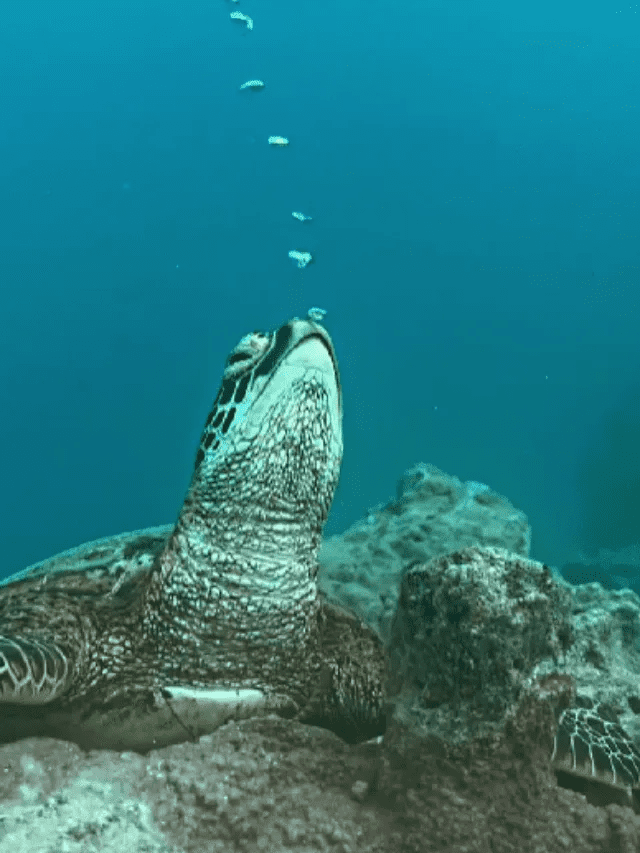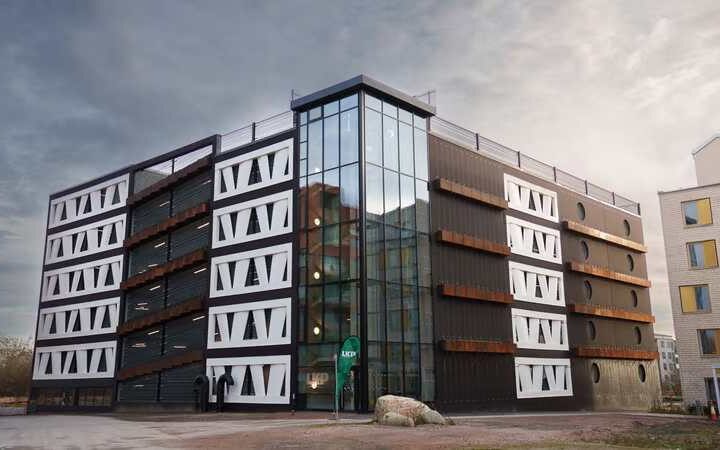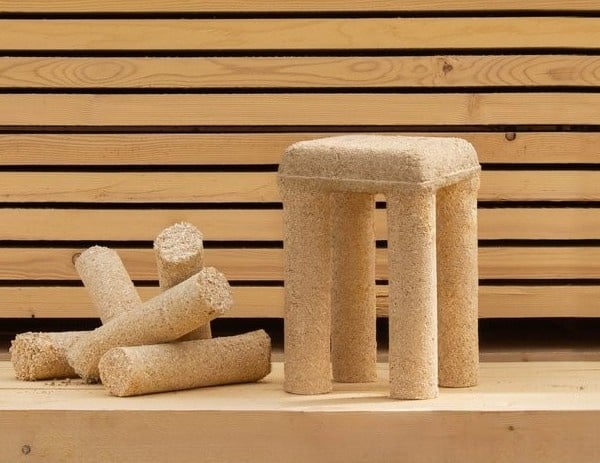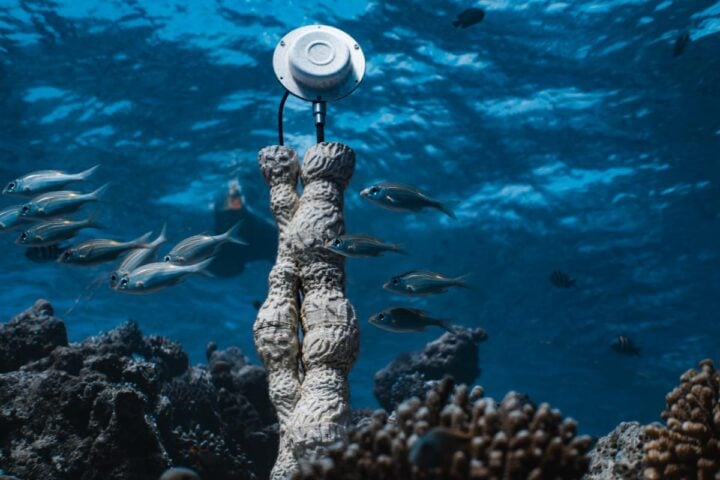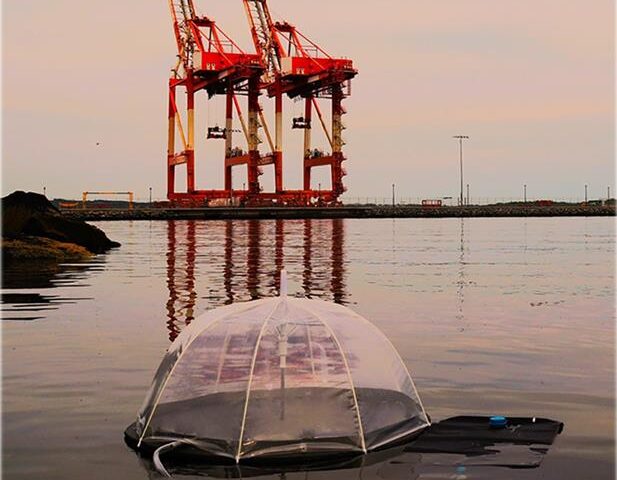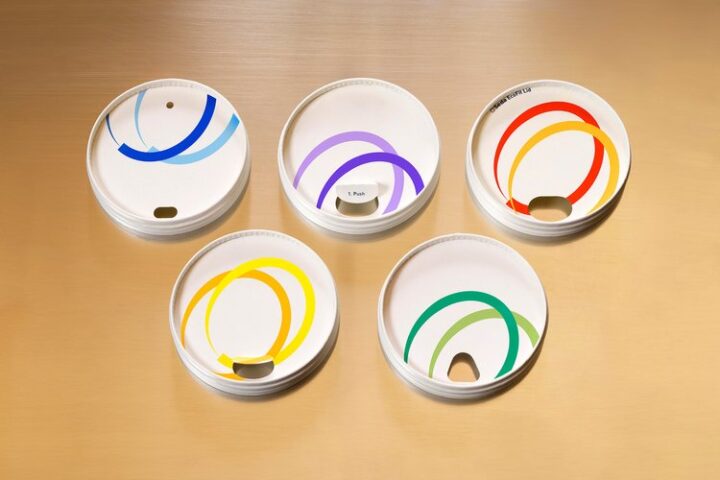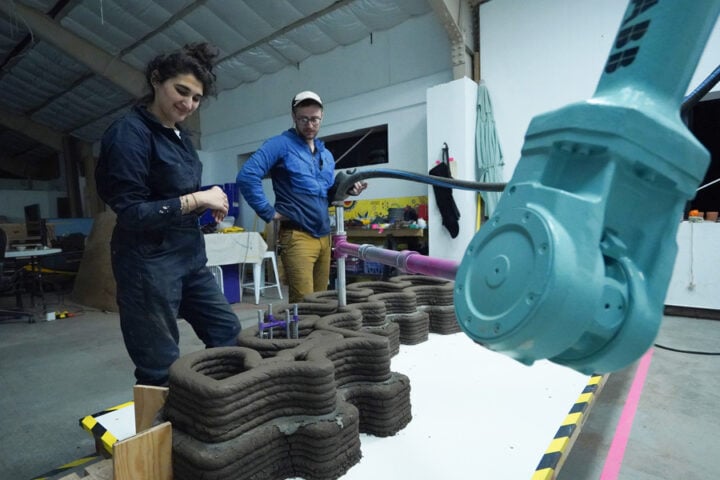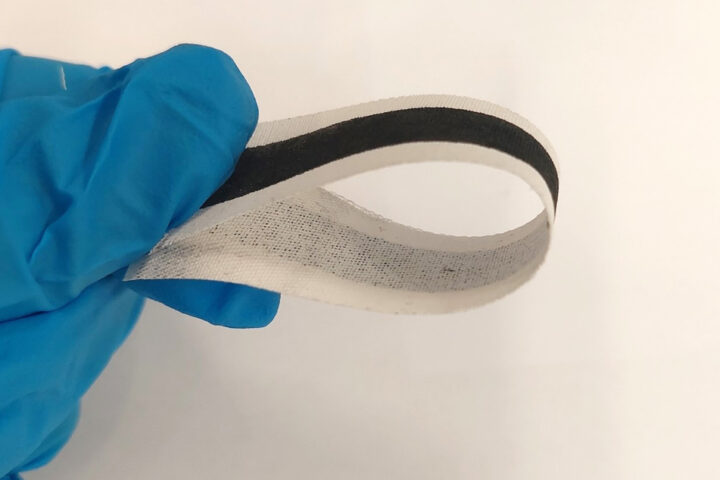The story of POPSICASE is indeed a very inspiring one. This business started from a true place of passion and became a step towards sustainability. Pablo, who is an artist, was at his studio one day, attempting and failing to photograph his work with one hand. He reasoned that a handy phone case with a handle would address his problem and began working on a prototype. His innovation was so wonderful that he patented it. As a result, POPSICASE was born. It’s currently patented globally and produced entirely in sunny Barcelona. POPSICASE is made from recycled fishing nets used in the Mediterranean Sea and carries a tint beachside lifestyle to remind people of the beauty of this planet. The business wants to become a tool to improve the circular economy and raise awareness of ocean pollution.





Discarded Fishing Nets A.K.A Ghost Nets kill marine species due to entanglement, moreover they discharge microplastics into the environment, contaminating and harming the sea’s biodiversity and ecology. Therefore POPSICASE uses recycled fishing nets to clean the ocean with the support Of WWF. This collaboration started with an email from WWF Germany to POPSICASE in July 2020 informing them about a project that WWF is working on with Marelitt Baltic, an EU-funded effort launched in 2018 to remove abandoned fishing nets from the Baltic Sea. Working with the WWF to save ghost nets POPSICASE receives the ghost nets given by WWF Germany at their warehouse and which are further converted into little pellets of Netviva giving them 100% recycled plastic material.




POPSICASE is the epitome of art supporting life. POPSICASE aims to humanize technology and hopes to protect the earth by building an aware society and involved society.

